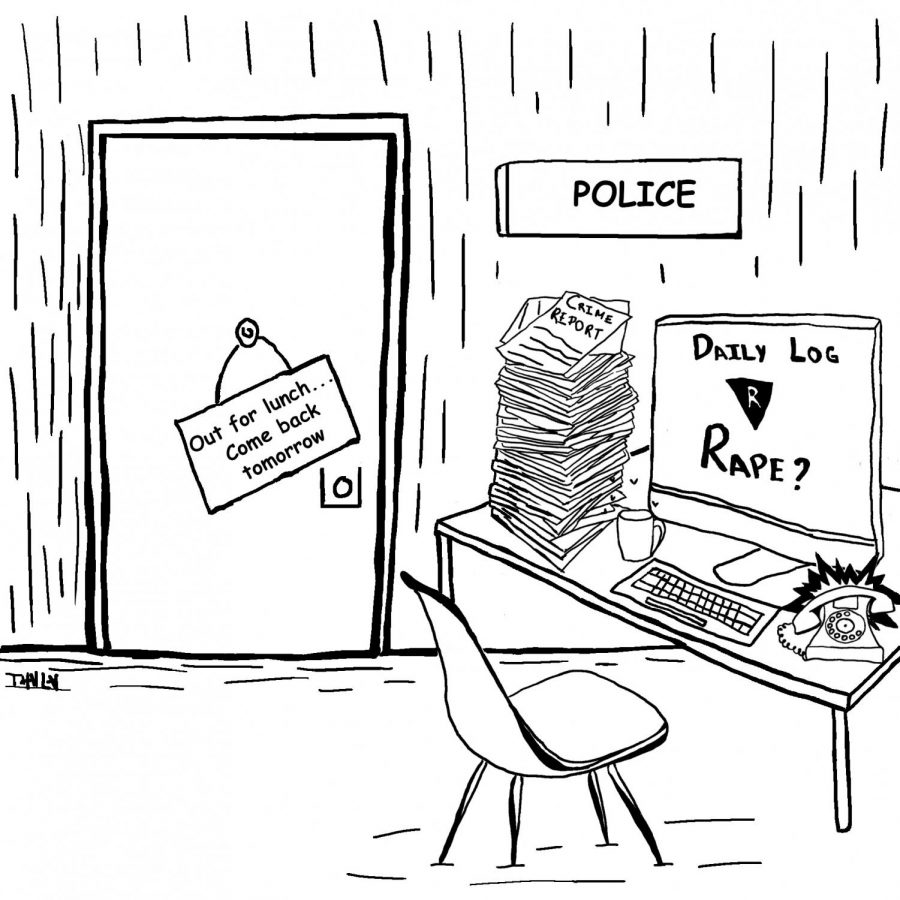Editorial: Fishing for information
Campus community grapples with string of inconsistencies
Mar 6, 2019
Over the past few years, it has become increasingly difficult to determine which side of a story is true, if information is factual, or if the phenomenon of fake news has leaked into every aspect of fact-finding that governs our daily existence.
Far too often, when inconsistencies are exposed, offenders choose to attack the messenger rather than accept their faults, address mistakes and plot a path forward.
Not only is this a classic plan for deflection from the truth, by default it attempts to categorize the messenger as unreliable — simply for reporting the facts as they were presented at the time.
Instances like these have not been isolated to press briefings on the White House lawn, slow-walking information and attacking the messenger has become a popular past-time on this campus as well.
Student-journalists will not apologize for following up on questions of malpractice, how information is filtered or how positions on campus are delegated or filled.
Without the work done by student-journalists everywhere — administrators would run amuck — and campus communities across the country would be left in the dark.
These people make thousands upon thousands of dollars and neither their successes or their failures will be presented on the 10 o’clock news — but they directly affect us.
For a campus that operates under the guise of transparency, not fulfilling that vow encourages a level of concern.
Many believe these concerns to be the reason this institution continues to hemorrhage talent, with no end-in-sight.
For more than a year now, gathering information on campus has become increasingly difficult.
Administrative offices that once had an open-door policy now only sparsely communicate through email.
Even when contact is made, officials often take days or even weeks to respond.
Contra Costa College is a public institution and administrators who are too busy to respond to student inquiry forget those same students have the right to know if the administration is working for their benefit — or to benefit the bottom line.
What’s worse, calls to Police Services, not only by reporters, are also given second-class status.
Since a change to the crime log database was implemented over a year ago, vague incident reports have become the new normal for the department.
Requests to the department to provide the same level of detail in prior reports have fallen on deaf ears.
Moreover, no explanation was given as to why the information in the log initially was reduced.
When a car was stolen from campus Jan. 30, the crime log listed the theft as having occurred in the Bus Transfer Center.
The only location given for clarification was 2600 Mission Bell Drive — the college address.
In fact, every incident on campus is recorded with the same address accompanied by a small icon detailing the approximate location.
Who benefits from this? Certainly not students.
The good news is, the number of reported crimes on campus is relatively low.
What’s bad is we may never know if the opposite ever does happen?


